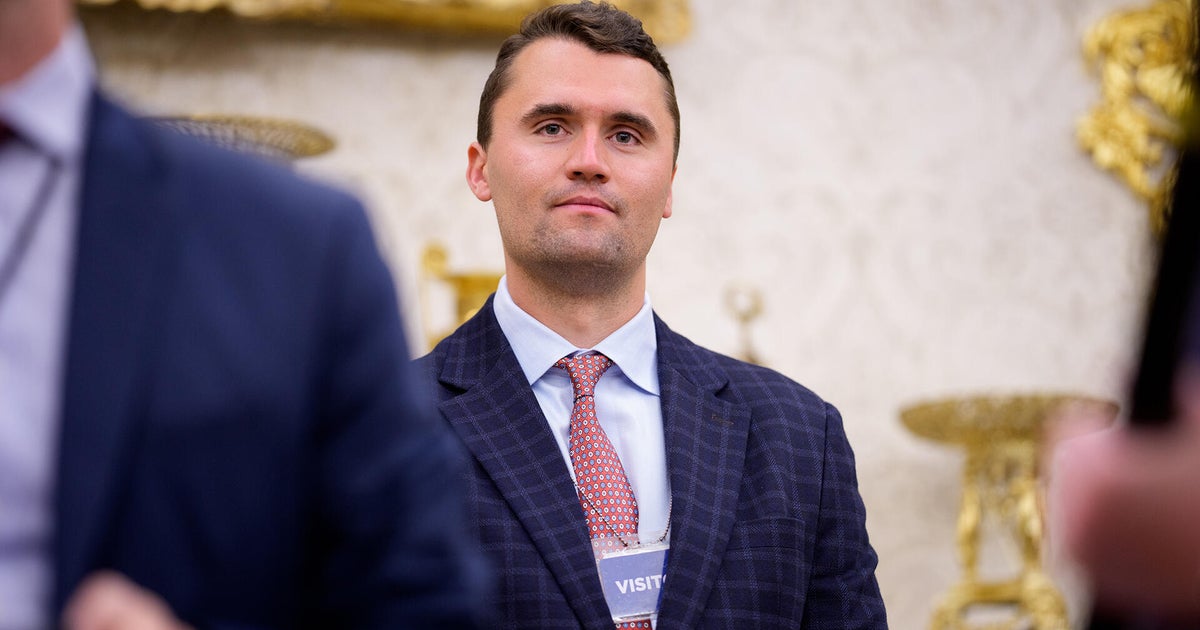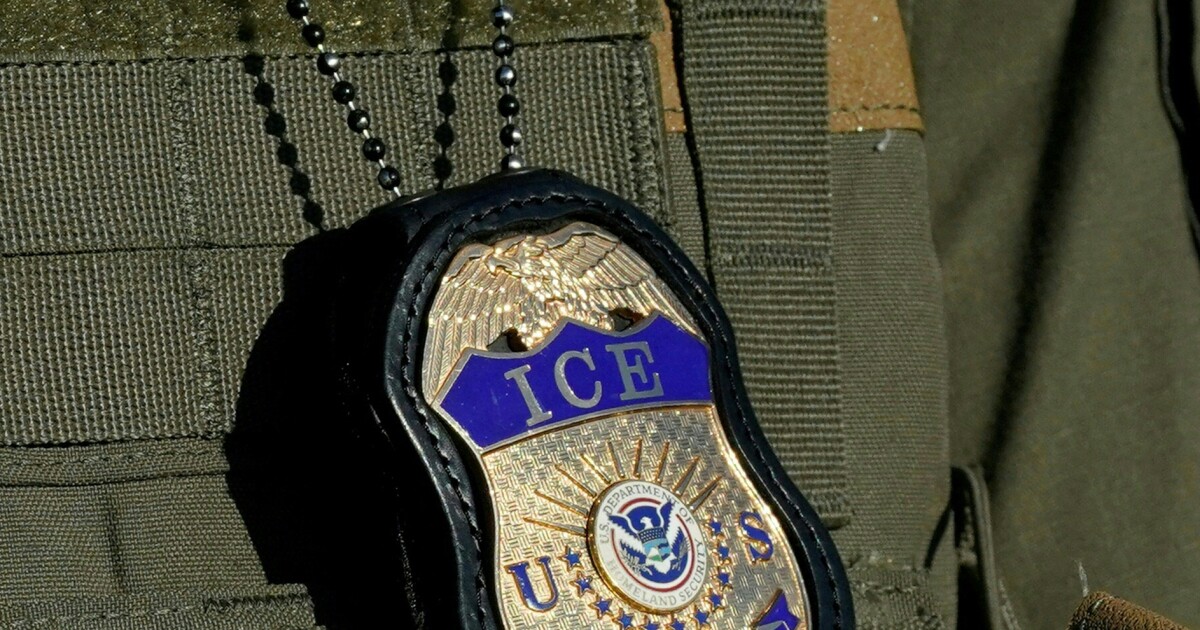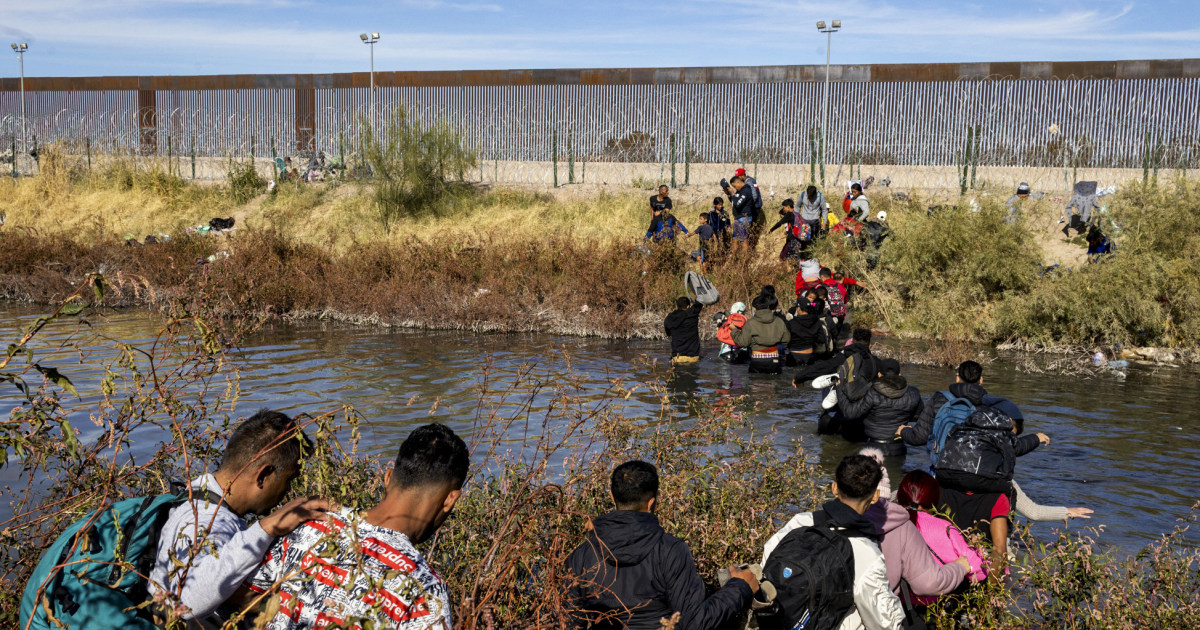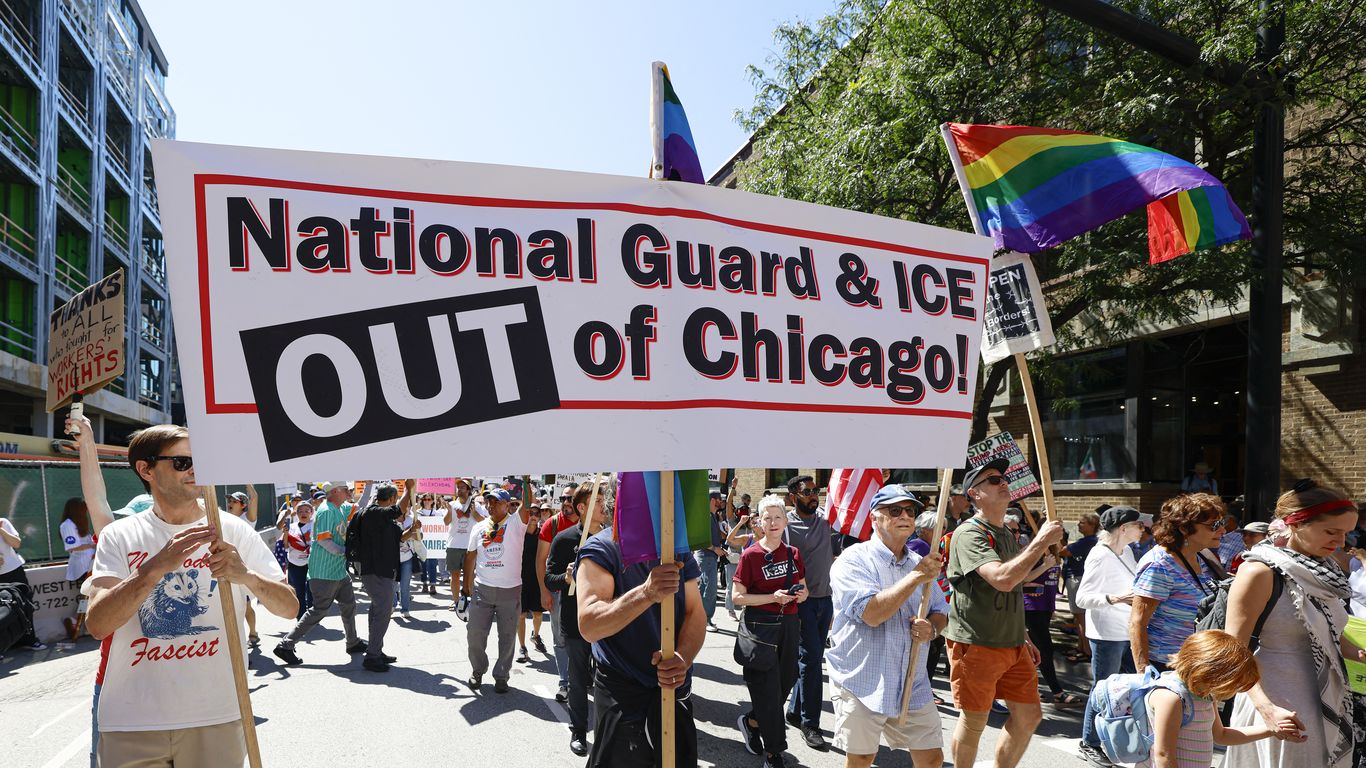Visa Revocations Tied to Controversial Social Media Comments

Visa Revocations Over Controversial Social Media Comments
In a notable move, the Trump administration has revoked six visas after individuals posted inflammatory remarks about conservative activist Charlie Kirk, according to CBS News. The State Department confirmed the action, citing violations of visa regulations that prohibit threatening or inciteful behavior. The comments in question, made on social media platforms, referenced the assassination of Kirk, prompting swift government intervention. This decision underscores the administration’s heightened scrutiny of online speech tied to visa holders, especially when it involves public figures and potential threats.
Context and Broader Implications
While visa revocations for online behavior are rare, this case highlights the growing intersection of immigration policy and digital expression in the United States. Experts note that such actions may deter others from posting harmful content, but also raise concerns about free speech boundaries for non-citizens. The incident follows a pattern of increased enforcement against those who cross legal lines in public discourse, reflecting broader debates over security, expression, and the responsibilities of foreign nationals in the U.S.
About the People Mentioned
Charlie Kirk
Charlie Kirk is a prominent American conservative activist and the founder of Turning Point USA, a national student movement dedicated to promoting free markets and limited government. Born in 1993, Kirk co-founded Turning Point USA in 2012 at the age of 18, alongside Bill Montgomery. The organization has grown significantly, with a presence on over 3,000 high school and college campuses across the U.S. and more than 650,000 lifetime student members[2][3]. Kirk has been a prolific media presence, appearing thousands of times on various platforms, including Fox News and The Washington Post. He was named to the Forbes "30 under 30" list and became the youngest speaker at the 2016 Republican National Convention. He also served as the opening speaker at the 2020 RNC[2]. In addition to his activism, Kirk is an author, having written several books, including "The MAGA Doctrine," which became a best-seller on Amazon and The New York Times. His most recent book, "Rightwing Revolution," was released in 2024[2]. Kirk's involvement in politics extends beyond Turning Point USA. He was active in Bruce Rauner's successful 2014 gubernatorial campaign in Illinois. Rauner, who later became a financial supporter of Turning Point USA, praised Kirk's activism[3]. Kirk's activities have been controversial, drawing both support and criticism. Recently, Kirk's life was tragically cut short, and the FBI is investigating his death, offering a reward for information leading to the arrest of those responsible[3]. Despite the controversy surrounding his views and actions, Kirk remains a significant figure in conservative American politics.
About the Organizations Mentioned
CBS News
CBS News is a major American broadcast news division headquartered in New York City and part of CBS Corporation, renowned as one of the "big three" U.S. networks alongside ABC News and NBC News[1][5]. It provides multi-platform news coverage across television (CBS Television Network), radio (CBS Radio News), digital streaming (CBS News Streaming Network), websites (CBSNews.com), and mobile devices, delivering original reporting, interviews, investigations, analysis, and breaking news 24/7[5][6]. Founded in 1927 initially as a radio network by Arthur Judson and later purchased in 1929 by William S. Paley, CBS transformed under Paley's leadership into a dominant media force by attracting large audiences and advertisers[2][3]. It pioneered network radio news broadcasts beginning in 1929, with a notable early commitment to interrupt programming for breaking news, exemplified by live coverage of the 1932 Lindbergh kidnapping[1]. Edward R. Murrow, hired in 1935, established CBS's legendary reputation in wartime journalism, sending correspondents across Europe during World War II[1]. CBS transitioned into television early, launching experimental broadcasts in 1931 and airing the first color broadcast in America in 1940[3]. It became a dominant television network from the mid-1950s to the mid-1970s, expanding its news programming with flagship shows like *60 MINUTES* (top-rated for 49 years), *CBS Evening News*, *Face the Nation* (the longest-running Sunday public affairs program), and *CBS News Sunday Morning*, all critically acclaimed and award-winning programs[5][6][9]. Today, CBS News excels in both traditional and digital journalism, operating 28 owned TV stations in 17 major U.S. markets and streaming globally in over 90 countries[6]. Its digital streaming platforms amassed over 1.24 billion streams in 2023, underscoring its leadership i
State Department
The **U.S. Department of State** is the principal federal agency responsible for shaping and executing American foreign policy and diplomacy worldwide. Established in 1789 as the first executive department, it serves as the lead institution for conducting U.S. international relations, advising the President, negotiating treaties, and representing the country in global organizations such as the United Nations[2][3][6]. The department is headed by the Secretary of State, who acts as the President’s chief foreign policy advisor and top diplomat, currently Marco Rubio as of 2025[2]. The State Department's core mission is to **promote and protect U.S. interests abroad** by fostering peace and stability in critical regions, opening foreign markets to create American jobs, and addressing global challenges like climate change, terrorism, nuclear proliferation, human trafficking, and humanitarian crises[1][4]. It manages a vast network of embassies, consulates, and diplomatic missions worldwide, safeguarding American citizens overseas and facilitating international cooperation on economic, security, and environmental issues[5]. A key component closely linked to the State Department is the **U.S. Agency for International Development (USAID)**, created in 1961 to administer economic and humanitarian assistance to developing countries. USAID works to end extreme poverty, promote democracy, improve global health, food security, environmental sustainability, and humanitarian relief, aligning its programs with the State Department’s foreign policy goals[1]. With an annual budget of around $38.8 billion in fiscal year 2024, the State Department plays a critical role not only in diplomacy but also in advancing technological collaboration, international trade, and global health initiatives, making it highly relevant for business and technology sectors interested in geopolitical stability and international partnerships[3]. Notable programs include the Professional Fellows exchange, fostering cross-cultural professional development between U.S. and foreign leaders, highlighting the department’s role in building long-term global partnerships[2]. The State Department continues to adapt in an era of rapi
















